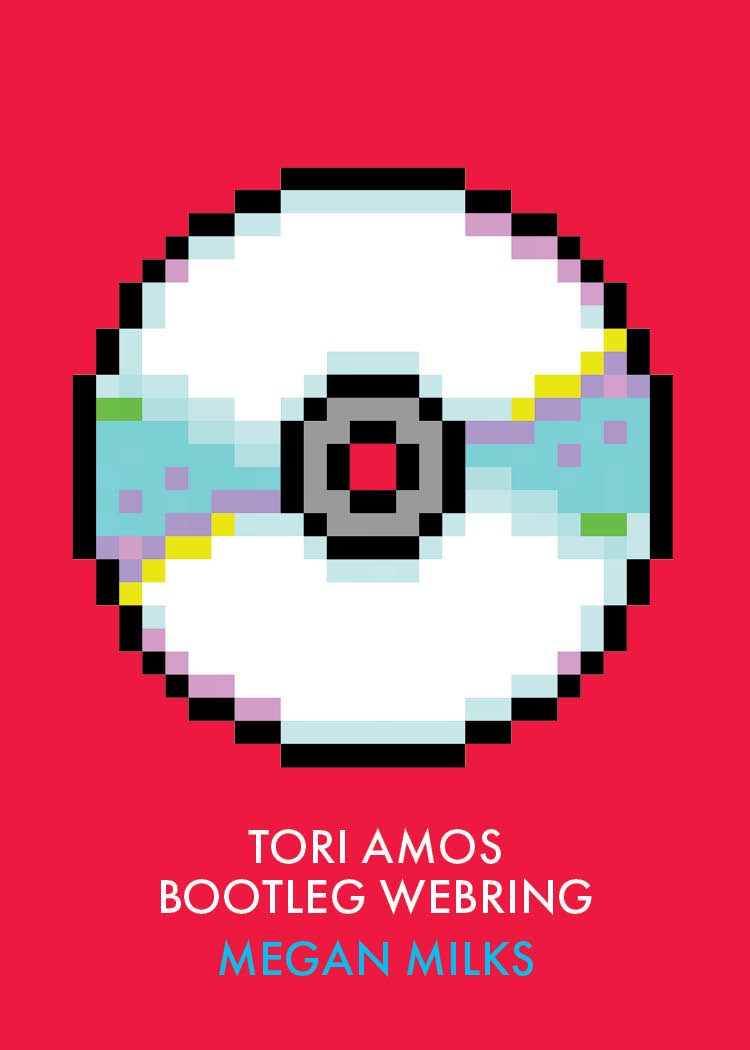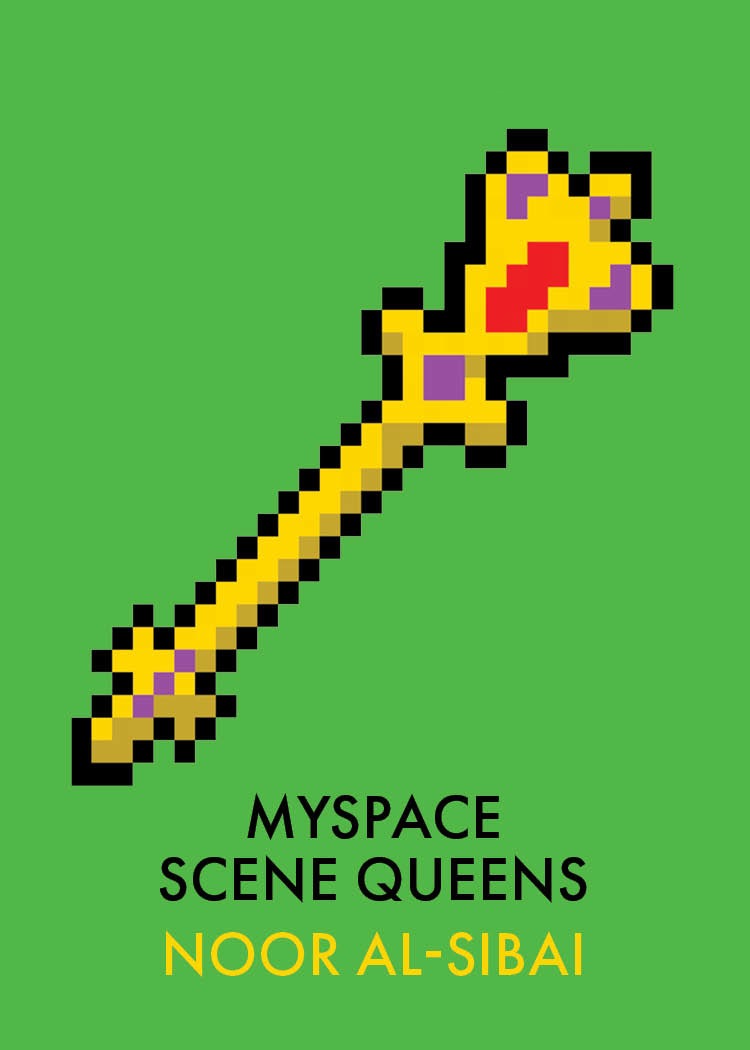Plenty of people are working to archive the internet as quickly as it slips away. The constantly crawling bots of the Internet Archive’s Wayback Machine and the efforts of amateur archivists and hackers are all part of an ongoing battle against what is often referred to as “digital rot.” But something is missing from these troves of data. Anyone, for instance, can download all their personal information from Facebook—a feature added in 2018 to give users a greater sense of control over their online life. But data alone can tell a future historian only so much, says Megan Ankerson, an associate professor at the University of Michigan who specializes in internet history. “The whole experience of what Facebook is or what it feels like to use it would not be able to be reconstructed in the archive,” she told me.
Even if every single website and every single online post were preserved somewhere for posterity, the feeling of the internet would still be missing—the petty arguments, the 3 a.m. rushes of inspiration, the thrills and heartbreaks and blue-light nausea. So how can we remember that?
Jeanne Thornton and Miracle Jones—friends and the publishers of the small press Instar Books—have come up with one surprisingly analog answer. Called, appropriately, Remember the Internet, it’s a series of pocket-size books about recent internet history. Each one tells the story of a hyper-specific online subculture from the point of view of a writer who was personally invested at the time. And each wrestles with the fact that these micro-communities are already slipping out of the cultural memory. “Telling a straightforward history of the internet is impossible,” Thornton told me. “It’s not useful to think of.” Instead, the idea is to approximate an exhaustive story by publishing dozens or hundreds of little ones.
The first Remember the Internet book—a personal history of Tumblr porn, written by the Daily Dot reporter Ana Valens—is out now. It depicts one woman’s experience of a creative and kinky subculture, and explains the diversity that was lost when a corporate platform banned one of its most loyal communities for unclear reasons at the end of 2018. In the second installment, due out in September, the writer Megan Milks tells the story of a late-’90s web ring that traded bootleg recordings of Tori Amos concerts. (Milks’s trading page was called “Cocaine Lip Gloss Sale Stand,” a nod to Lipsmackers and an extremely obscure Amos reference.)



